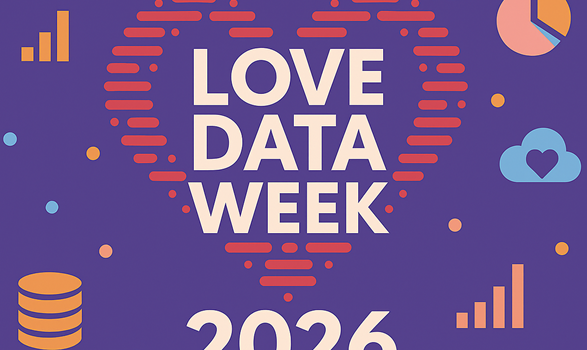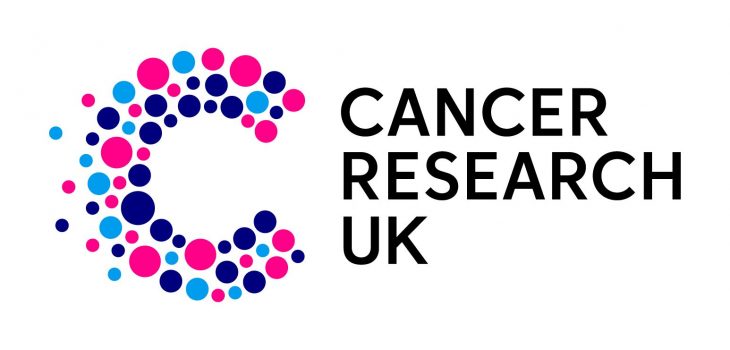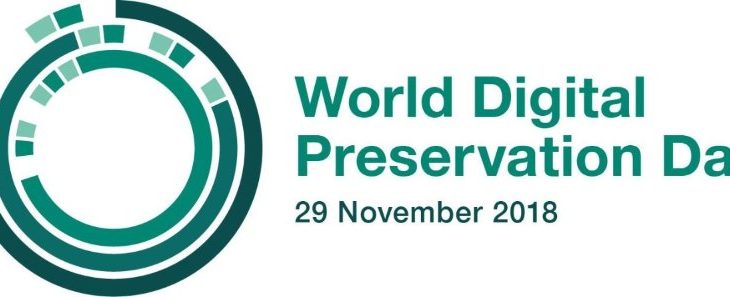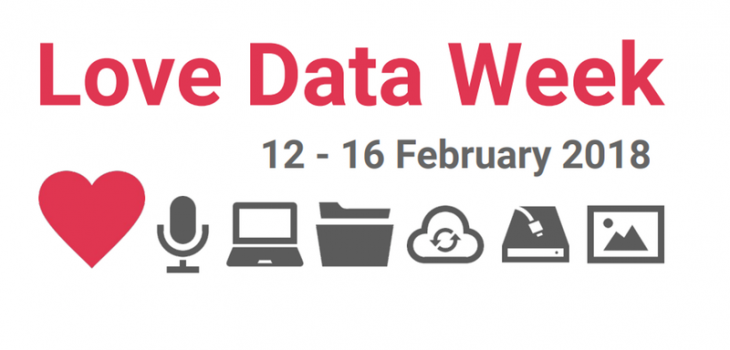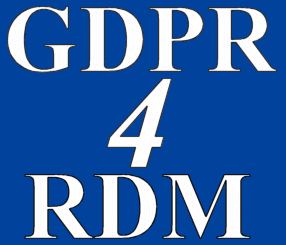The LSHTM Open Research Champion Network is a new initiative designed to build expertise and promote a culture of open research across the London School of Hygiene & Tropical Medicine (LSHTM).
We’re inviting staff and students with an interest in open research to volunteer a few hours of their time to help champion open practices within their communities.
What Is Open Research?
Also known as Open Science, open research is a global movement to make scientific research more transparent, accessible, and collaborative. It supports practices that make it easier to: share and reuse research outputs, verify research findings, and collaborate across disciplines and institutions
You can learn more about LSHTM’s open research activities and resources on our Open Research and Open Science guidance pages.
What Is an Open Research Champion?
An Open Research Champion is a volunteer who actively promotes open research within a specific LSHTM community, such as a department, research centre, course module, or other peer group.
Champions form a supportive network across LSHTM, working together to raise awareness and build capacity for open research.
Who Can Join?
The network is open to all LSHTM staff and students with an interest in open research. You don’t need to be an expert—just enthusiastic and willing to contribute a few hours each month.
If you’re interested, please discuss it with your team or supervisor and complete the Expression of Interest form.
Read more






